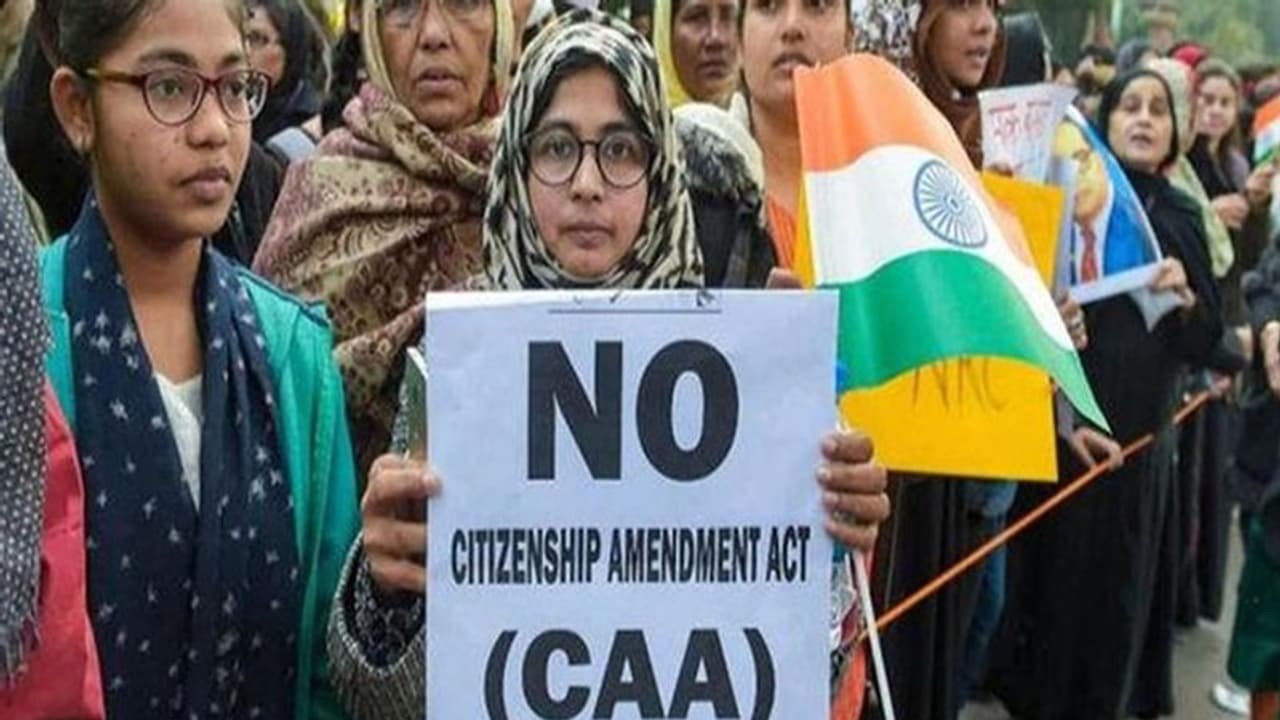After states like Kerala and Punjab, a village in Maharashtra has passed an anti-CAA, NRC resolution.
Bengaluru: Even though there is no scope whatsoever in the Indian Constitution for states to pass a resolution against a law passed by both houses of the Indian Parliament, we have seen states like Kerala and Punjab pass anti-CAA resolutions in their assemblies, saying the CAA discriminates on the basis of religion.
But article 256 of the Indian Constitution doesn’t give any such right to the states to have their say on a centrally legislated law.
Now, in another move on the same lines, a small village in Maharashtra, called Patrud, in Beed constituency has passed a resolution against the CAA and NRC as well.
The passage took place at the gram panchayat meeting on February 2.
The resolution reads thus: "There is confusion in the society over the CAA and NRC. All the people residing here are Indians, but don't have any documents to prove their nationality. Hence CAA and NRC should not be implemented in the village.”
As reported by Republic TV, a resident of Pathrud, Eknath Maske, said, "The population of the village is around 18,000. The villagers were against the new citizenship law and NRC. Hence we decided not to implement these things in the village and passed a resolution."
The website added Gram Sevak Sudhakar as saying, "The government's move on CAA and NRC affected the social fabric of the village.”
The CAA passed by both houses of the Indian Parliament last year intends to give citizenship to persecuted minorities of Pakistan, Bangladesh and Afghanistan who have been living in India hitherto December 31, 2014.
With this law, around 32000 people are expected to benefit in a big way.
Though the Prime Minister Narendra Modi and the Union home minister Amit Shah have repeatedly mentioned that the law doesn’t apply to Indian citizens, the opposition has consistently spread lies and misinformation about the law, with a view to instigate the minorities in India.
Several states have also passed a resolution against the law.
